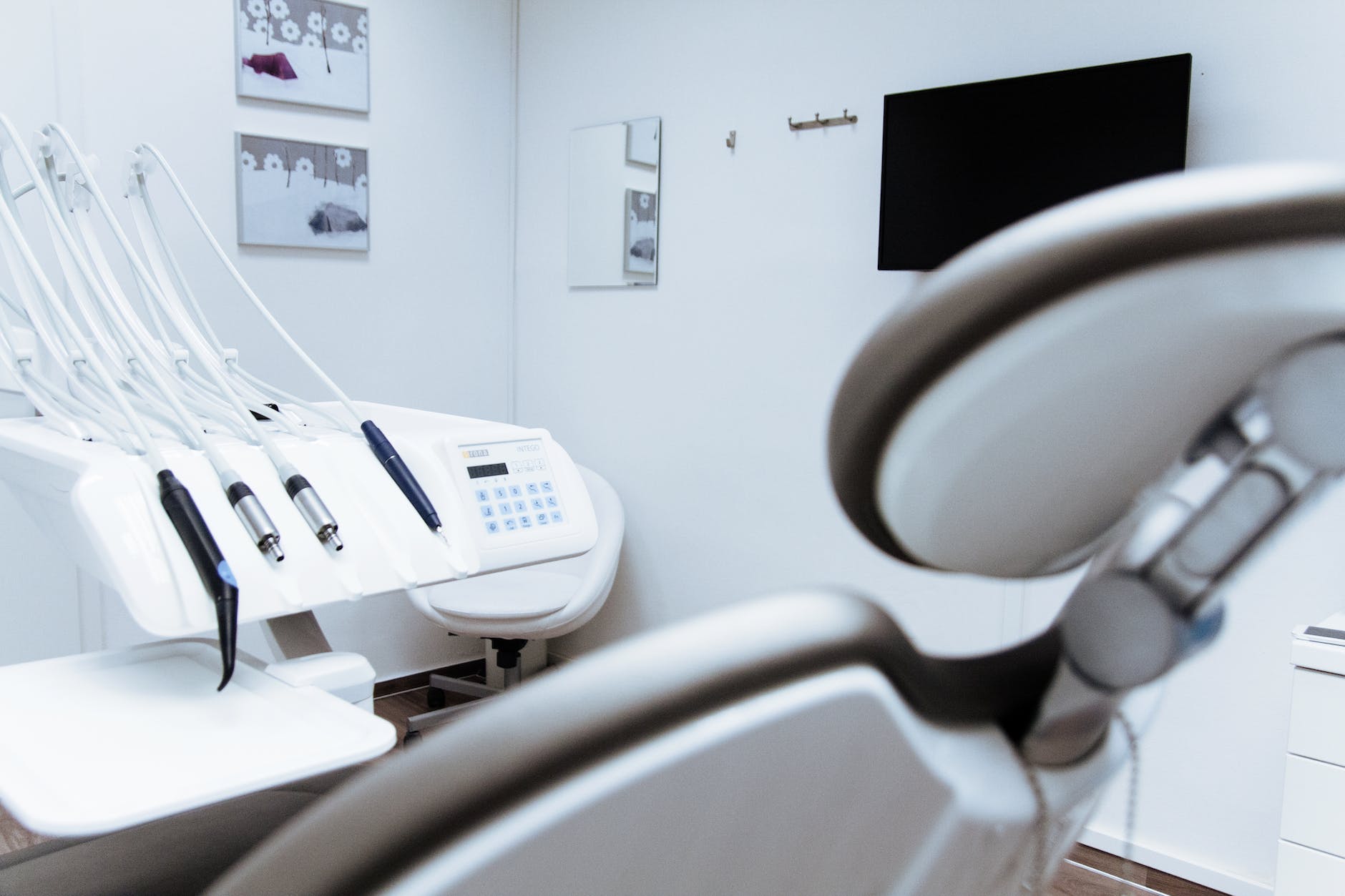
Medical Equipment
Plastic molding companies play a critical role in the medical equipment industry. They produce the components needed to create medical devices that save lives and improve patient care. However, with the increasing demand for these devices comes the pressure to ensure that they meet the necessary regulatory standards and compliance requirements.
Choosing the Right Material
The choice of material used in plastic molding is vital in achieving compliance with regulatory standards. The material must meet safety and quality requirements, including biocompatibility, chemical resistance, and dimensional stability requirements. Medical devices must be made from materials that are safe for human contact and can withstand the environmental conditions in which they will be used. Plastic molding companies must collaborate with their clients when choosing materials that meet regulatory requirements and compliance standards.
Facilities and Equipment Compliance
To ensure compliance with regulatory standards, plastic molding companies must adhere to strict facility and equipment guidelines. They must maintain a clean, hygienic, and organized facility to prevent contamination and ensure quality control. The equipment used in the molding process must also meet regulatory standards and undergo regular maintenance and testing. Good manufacturing practices (GMPs) should be implemented to control and monitor the manufacturing process.
Quality Control and Testing
Quality control and testing are crucial in achieving compliance in medical device manufacturing. Plastic molding companies must have an effective quality management system (QMS) in place to ensure that every product is manufactured to the highest quality standards. Quality control measures, such as visual inspection, measurement, and testing, should be carried out at every stage of the manufacturing process to detect any defects early on. Proper record keeping of these tests is important to prove compliance with regulatory standards.
Regulatory Compliance Certification
Plastic molding companies must adhere to regulatory standards set by national and international governing bodies, including the Food and Drug Administration (FDA) and the International Organization for Standardization (ISO). Compliance with these standards is a requirement for certification. Certification helps plastic molding companies demonstrate their commitment to quality control and compliance requirements to their clients.
Employee Training and Development
Employee training and development are crucial in ensuring compliance with regulatory standards in medical device manufacturing. Proper training programs must be in place to ensure that all employees understand the processes and procedures related to manufacturing medical devices. Employees should also receive training on regulatory compliance requirements and GMPs. Regular employee development and continuing education programs should be conducted to keep employees up-to-date with new standards and compliance requirements.
Conclusion
Ensuring compliance with regulatory standards and compliance requirements is critical in the medical equipment industry. Plastic molding companies play a significant role in ensuring that medical devices meet the necessary standards. Choosing the right material, maintaining compliance with facility and equipment guidelines, implementing quality control and testing measures, obtaining regulatory compliance certification and providing employee training and development are all vital in achieving compliance. By following these best practices, plastic molding companies can maintain high-quality standards, reduce risks and liability, and build trust and confidence with their clients.






